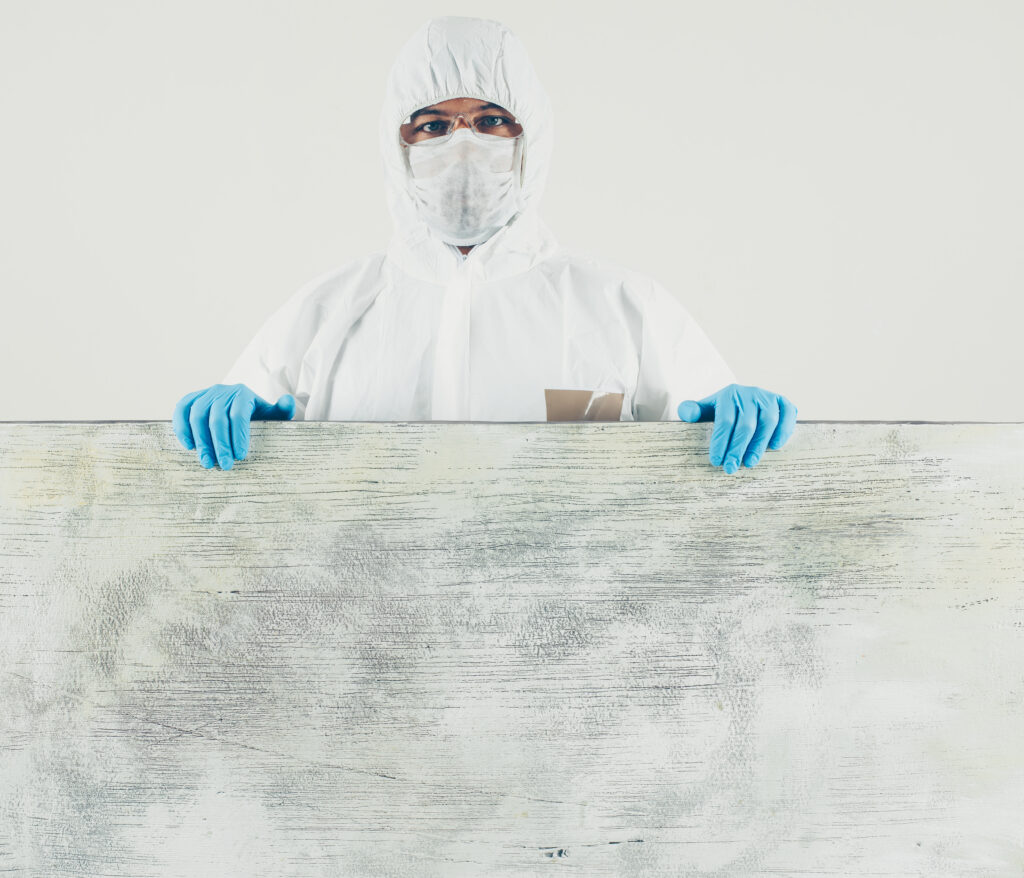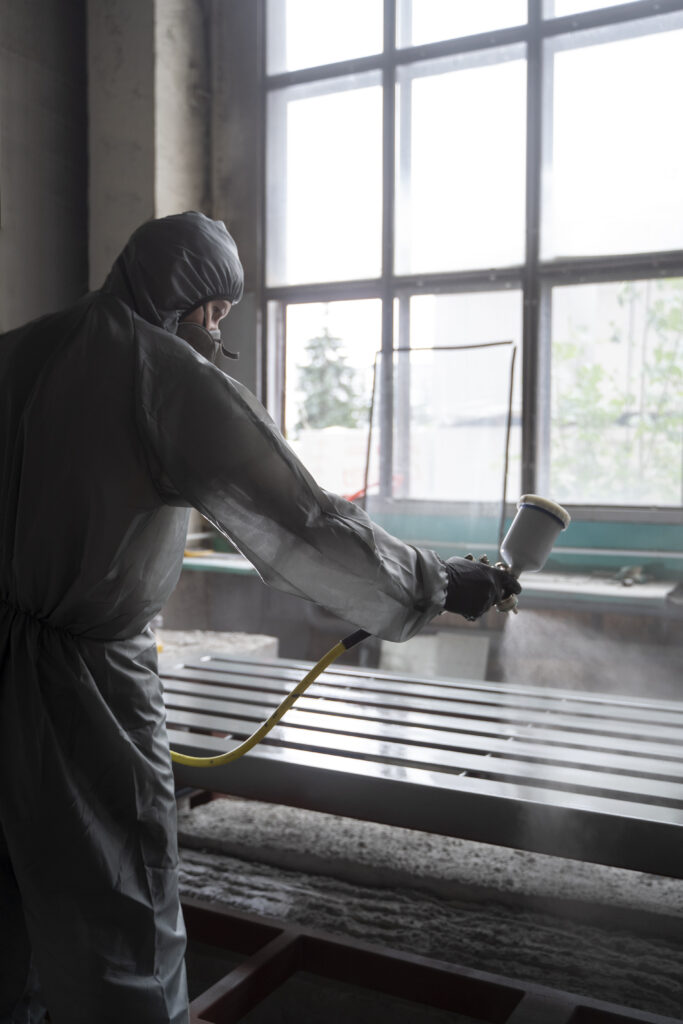Comprehensive Guide to Mold Testing in Cape Coral
In the warm and humid environment of Cape Coral, FL, addressing mold issues is critical for maintaining healthy indoor air quality and ensuring structural integrity. Mold testing in Cape Coral is not just about identifying the presence of mold, but also understanding the scope and potential health risks associated with it. This guide dives deep into the processes and importance of thorough mold testing, especially in commercial environments, to safeguard both property and health.
Conducting Commercial Mold Testing in Cape Coral
Importance of Mold Testing for Commercial Properties
For business owners in Cape Coral, the health implications of mold are a major concern, but so are the operational and structural impacts on their properties. Commercial mold testing in Cape Coral is crucial as it identifies not just the presence but also the extent of mold infestation. This information is critical for making informed decisions about remediation and ensuring a safe environment for employees and customers.

What is Mold Testing?
Mold testing involves scientifically collecting and analyzing air and surface samples to detect the presence and type of mold. This goes beyond simple visual inspections to provide a detailed assessment of mold spores that might be airborne or embedded in structures within the property. This testing is essential for creating an effective plan to address mold issues.
How is Mold Testing Conducted in Cape Coral?
The process of mold testing in Cape Coral is detailed and methodical, ensuring comprehensive coverage and precise results:
01
Initial Consultation
This step involves a detailed discussion about the property’s history, areas of concern, and previous water damage incidents, setting the stage for targeted mold testing.
02
Visual Assessment
Experts conduct a thorough examination of all potential areas for mold growth, using sophisticated moisture-detection equipment.
03
Sample Collection
Technicians collect air and surface samples from multiple locations within the property, focusing on areas with visible signs of water damage or moisture.
04
Laboratory Analysis
Samples are analyzed in a specialized lab where advanced techniques determine the types and concentrations of mold present.
05
Detailed Reporting
A comprehensive report is provided, detailing the laboratory findings and outlining potential remediation strategies if mold is confirmed.
The role of professionals in mold testing cannot be overstated. In Cape Coral, where mold can grow unseen, the expertise and advanced equipment used by professionals are essential for accurate detection and analysis. They ensure that no areas are overlooked and that the data obtained is both accurate and actionable.
Common Areas and Causes of Mold in Commercial Settings
In Cape Coral, common hotspots for mold include:
HVAC Systems
HVAC systems are critical in controlling indoor climate but can also be breeding grounds for mold if not maintained properly. These systems can harbor condensation and organic materials, such as dust and debris, which provide ideal conditions for mold growth. Regular cleaning and maintenance of HVAC components, including drip pans, air handlers, and ductwork, are essential to prevent mold spores from proliferating and spreading through air circulation.
Basements and Storage Rooms
Often overlooked in regular maintenance routines, basements and storage rooms are particularly vulnerable to mold growth due to their tendency for poor ventilation and damp conditions. These areas may experience higher humidity levels and minimal air exchange, which can allow moisture to accumulate and mold to form. Implementing dehumidifiers, ensuring good air circulation, and using moisture-resistant materials can help mitigate these risks.
Bathrooms and Kitchen Areas
High humidity and constant moisture are common in bathrooms and kitchens due to activities like cooking, washing, and bathing. These activities can create an environment that is conducive to mold growth, particularly in unventilated or poorly ventilated spaces. To combat this, it is important to use exhaust fans, maintain and clean all surfaces regularly to remove moisture, and check for any leaks or drips in faucets and pipes that could contribute to excess humidity.
Factors contributing to mold growth include:
Water Damage
Events such as floods or plumbing failures introduce moisture that is often trapped within walls, floors, or ceilings.
Poor Ventilation
Inadequate airflow allows humidity levels to rise and condensation to persist, both of which fuel mold growth.

Addressing Mold Issues in Commercial Properties
Upon confirming mold presence through commercial mold testing, immediate action is required to address the infestation and prevent its spread. This includes:
- Professional Remediation Qualified professionals should handle mold removal to ensure it is done safely and effectively. These experts have the training and equipment necessary to remove mold without contaminating other areas of the building, ensuring that all traces of mold are eradicated from the environment.
- Moisture Control Fixing leaks, improving ventilation, and controlling humidity are crucial steps to prevent future mold growth. Additionally, using moisture meters to monitor levels regularly can help detect potential problems early before they escalate into larger mold issues.
- Preventative Measures Regular inspections and maintenance of prone areas help keep mold at bay. Establishing a routine cleaning schedule for high-risk areas such as bathrooms, kitchens, and basements can also significantly reduce the likelihood of mold development.
Frequently Asked Questions About Mold Testing
Mold testing in Cape Coral involves a detailed examination and analysis to detect the presence and types of mold within a property. The process typically includes a visual inspection, followed by the collection of air and surface samples. These samples are then analyzed in a laboratory to determine the types and concentrations of mold present, providing a comprehensive understanding of the mold issue.
It is recommended to conduct mold testing in Cape Coral annually or whenever there are signs of mold growth, changes in building usage, or after any water damage incident. Regular testing is crucial in humid climates like Cape Coral's to prevent mold-related health issues and property damage.
If mold testing in Cape Coral confirms the presence of mold, the next step is to engage a professional remediation service to safely and effectively remove the mold. It's also important to address the underlying moisture issues that led to mold growth to prevent future occurrences, such as repairing leaks, improving ventilation, and using dehumidifiers.

